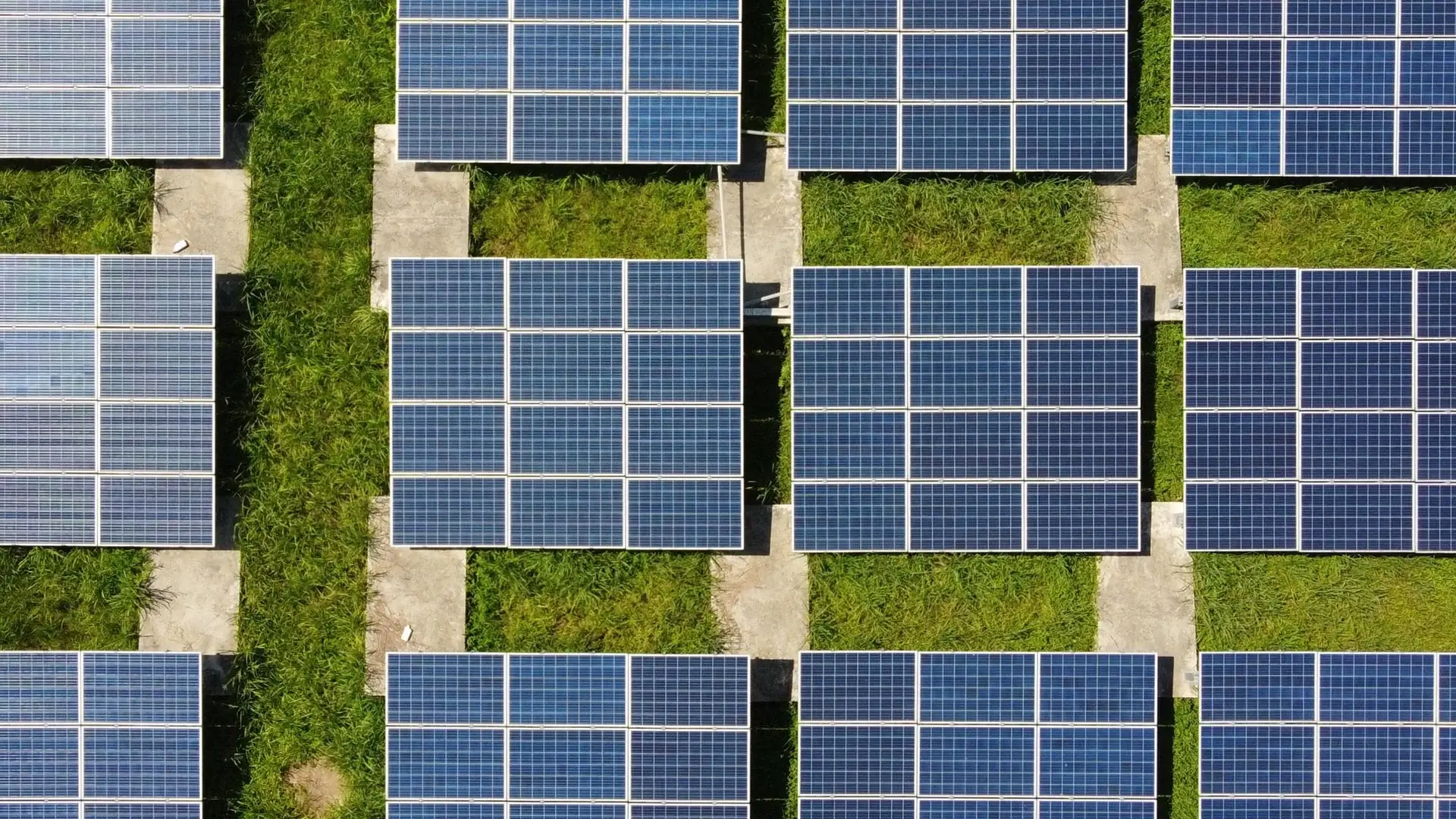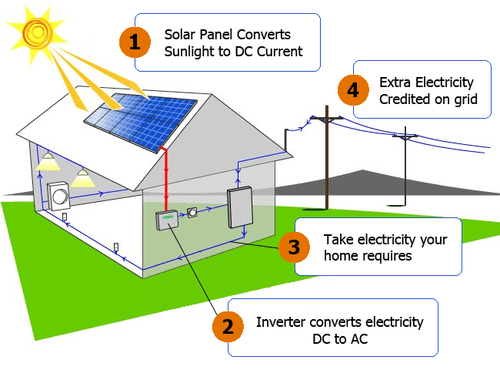Off Grid Rooftop System

What Is An Off-Grid Rooftop System
Off-the-grid or off-grid is a characteristic of buildings and a lifestyle [1] designed in an independent manner without reliance on one or more public utilities. The term “off-the-grid” traditionally refers to not being connected to the electrical grid, but can also include other utilities like water, gas, and sewer systems, and can scale from residential homes to small communities. Off-the-grid living allows for buildings and people to be self-sufficient, which is advantageous in isolated locations where normal utilities cannot reach and is attractive to those who want to reduce environmental impact and cost of living. Generally, an off-grid building must be able to supply energy and potable water for itself, as well as manage food, waste, and wastewater. An off-grid solar system permits electricity to be harnessed by solar panels and stored inside a battery without direct connection to the utility grid, providing an independent power supply to your home or business. Basically, an off-grid solar system is a novel innovation that provides you with independent energy harnessed by the sun. An off-grid solar system is made up of the following components.
⦿ Solar Panels
⦿ Charge Controllers
⦿ Battery Bank(s)
⦿ Inverters
Working of Off-Grid Solar PV System
The main difference between an on-grid and an off-grid solar system design is just how it sounds in the name. The off-grid systems rely on a battery to save all the power created just for that one household or building. An on-grid solar system is an opposite. Any power that is created by that home or building’s solar panels is sent to an electricity grid where anyone who is also connected to that same grid can use that energy. This can be a good thing to have in cases where there is no solar energy being created for long periods of time. For example, if you live somewhere that has a long rainy season in which you don’t receive sunlight for a long time. You can still use green energy but share it with a network of people who have sun year-round to help keep your electricity going.


Benefits
Being grid-tied means retaining the problems present with the current electricity-producing system, which is reliant on fossil fuels. However, using off-grid solar systems lets you go free of any power outages caused by external factors. The only thing that you’ll have to worry about with an off-grid solar system is your own power usage. (Using less power than you generate with your solar panels). Renewable solar energy is a popular choice among homeowners who are looking for ways to reduce their monthly electricity costs and contribute to making the world more sustainable.
